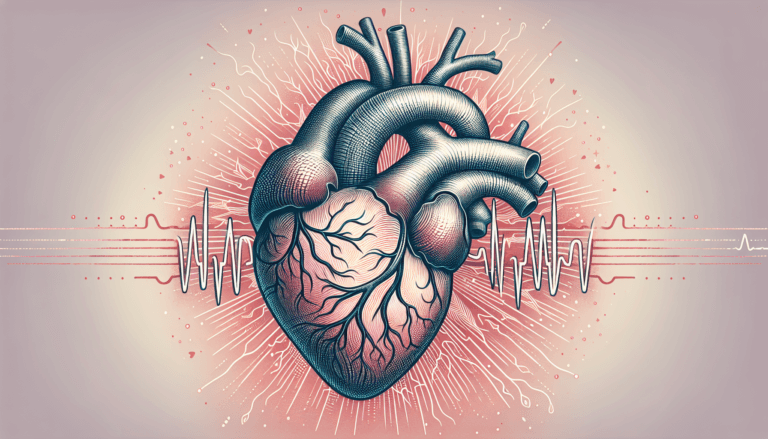Effective Strategies on How to Stop Heart Palpitations
Discover effective ways to manage common heart palpitations at home by incorporating clear strategies into your routine. By gaining a deeper understanding of when to seek medical advice, you can take proactive steps towards achieving optimal cardiovascular health and well-being.






